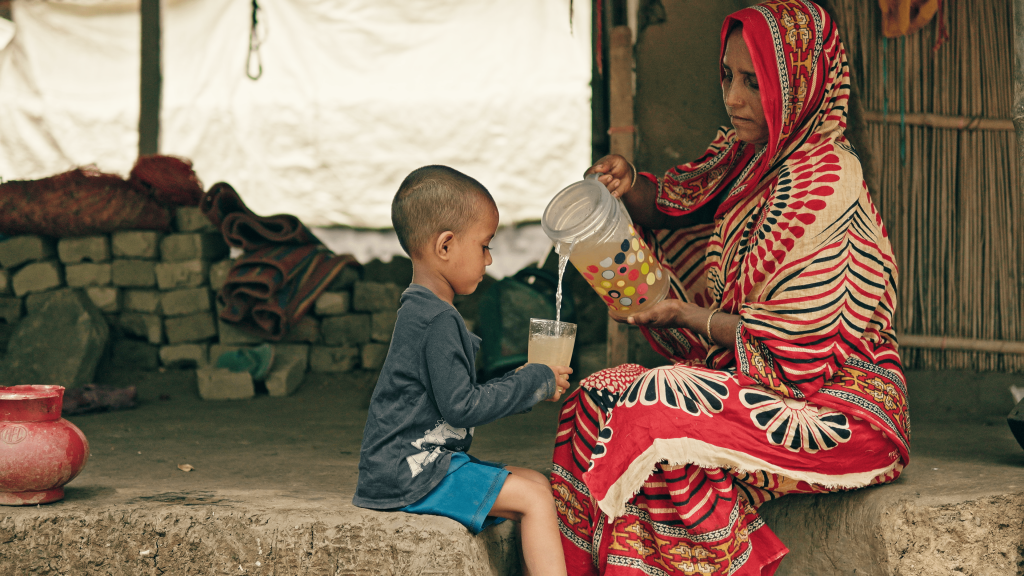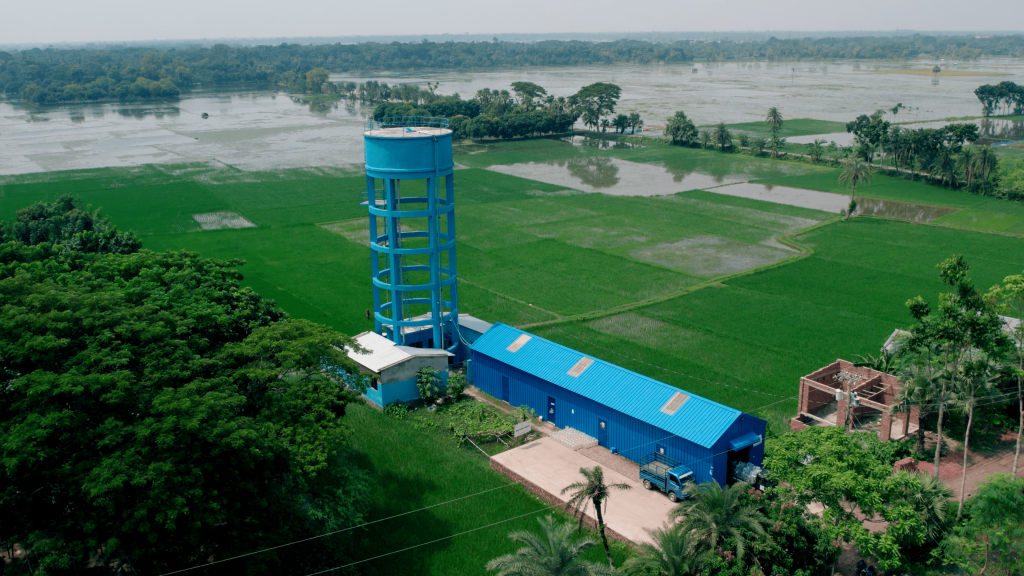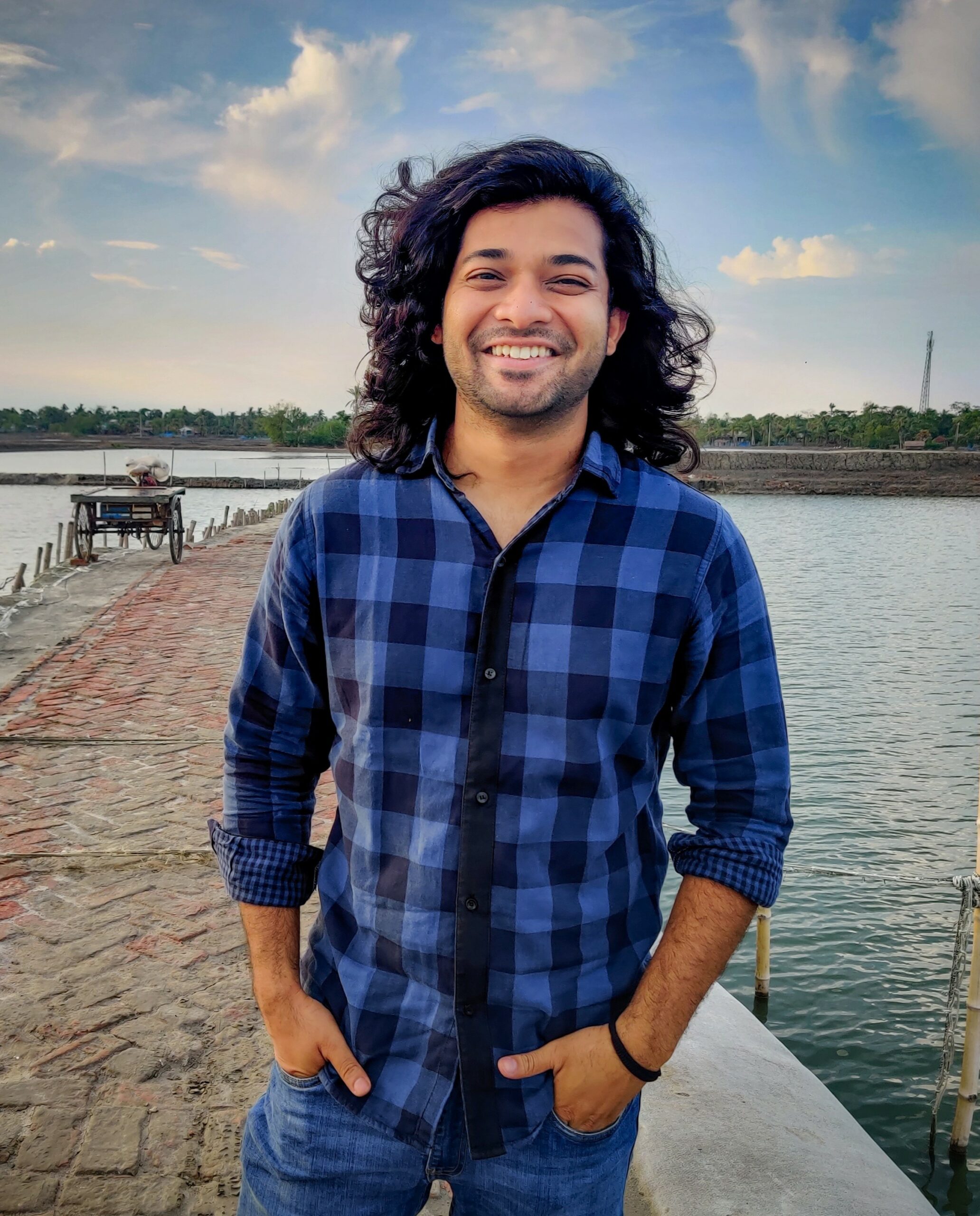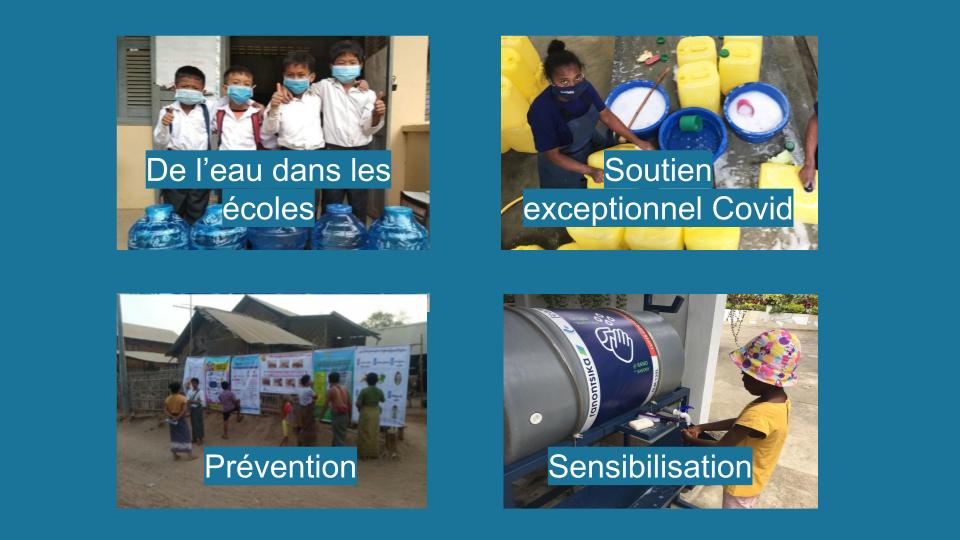Consumer Survey in Bangladesh: The Impact of Our Model on Access to Safe Drinking Water
In southwestern Bangladesh, where water sources are often contaminated, an alternative solution is taking shape through the collaboration between 1001fontaines and our local partner NGO, Uttaran. Through the “Uttaran Paani” initiative, an increasing number of households now enjoy simple, reliable, safe drinking water via home-delivered, 20-liter refillable jars.
A recent consumer survey conducted among 340 households highlights the positive impact of our model, its rapid adoption, and its strong potential for large-scale development.

A Critical Health Context
In the Khulna region, most families still rely on shallow traditional wells, which carry significant health risks. Only 41% of surveyed households boil their water before drinking it, leaving the others exposed to frequent waterborne diseases and contamination.
A Solution Adopted by Households
In response to this challenge, our bottled water service has enabled communities to embrace new consumption habits:
- 64% of respondents have stopped consuming untreated or self-treated water
- 51% now drink exclusively from bottled water
- 2 out of 3 had never used such a service before
- 23% previously relied solely on untreated well water
The main drivers behind this rapid adoption are:
- Service reliability
- The taste of the water
- Home delivery, perceived as both convenient and safe

Towards Sustainable Change
This positive trend confirms that, when our model is properly rooted in local communities, it can effectively meet their needs. It also demonstrates strong potential for replication on a larger scale, provided that awareness-raising efforts continue and service quality remains consistently high.

Want to Learn More?
Access the full consumer survey results and key data here: Bangladesh: Project Developments and Consumer Survey Results

